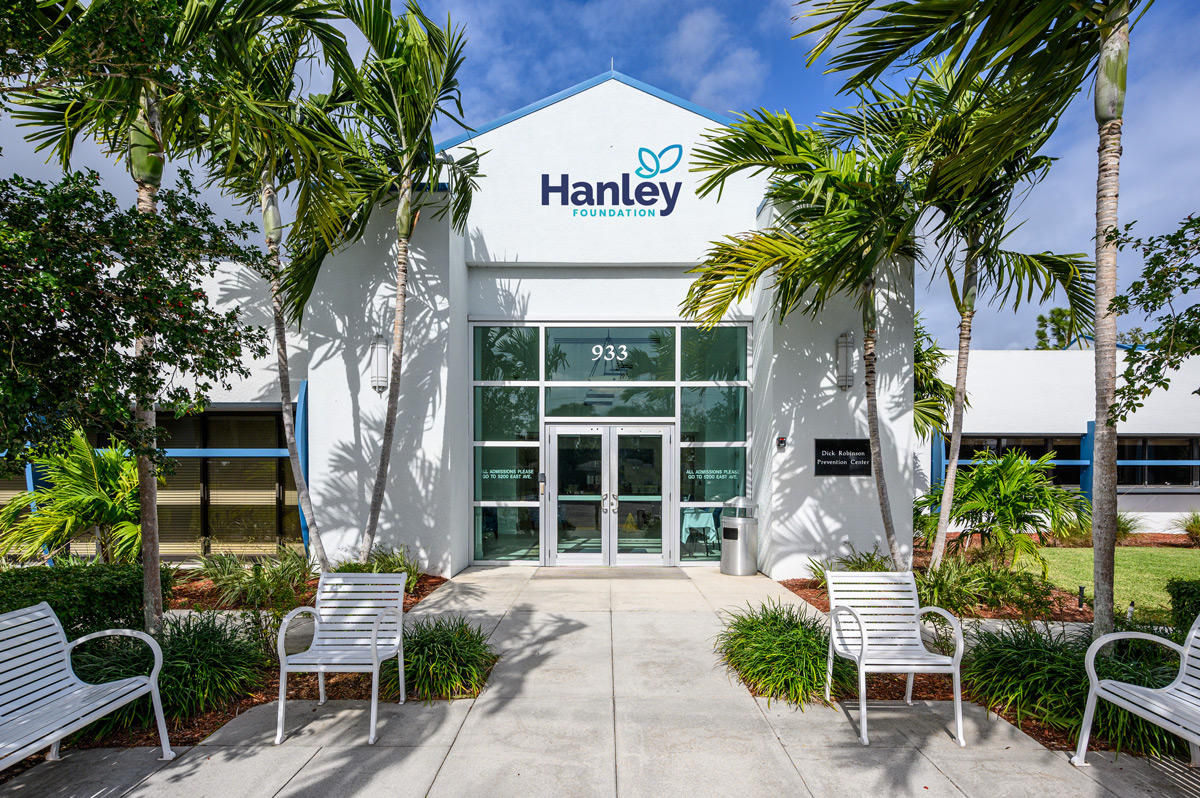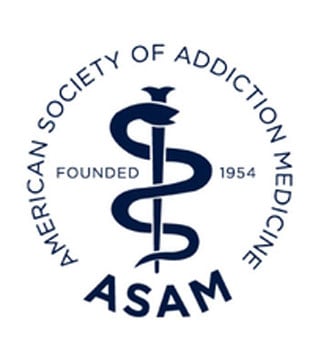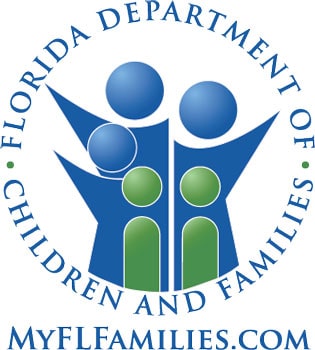Anxiety Treatment Centers in Florida

Although occasional anxiety is a regular and often daily occurrence, anxiety disorders involve much more than temporary apprehension or fear of making a big decision or taking a test at school or work. Anxiety disorders are mental health issues categorized by intense feelings that don’t cease and anxiety symptoms that may worsen over time.
We understand that your anxiety may not co-occur with a substance use disorder; for this reason, we opened our Residential Mental Health Program, which features a dedicated space separate from the rest of Hanley Center where you can recover from your anxiety disorder. Our program features a 24/7 nursing and medical care unit to enhance privacy and confidentiality while receiving treatment.
As one of the top anxiety treatment centers in Florida, your mental health matters to us.
MENTAL HEALTH DISORDERS
Categories of Anxiety Disorders
Anxiety symptoms often interfere significantly with social relationships at home, work, and school. Anxiety disorders frequently co-occur with the disease of addiction as individuals misuse alcohol and drugs to manage their anxiety.
Generalized Anxiety Disorder
Individuals with a generalized anxiety disorder (GAD) display excessive anxiety or worry about loved ones, health, work, social interactions, and everyday life tasks. The frequency of GAD symptoms is difficult to control and occurs most days over six months.
Other anxiety symptoms include: symptoms include:
- Feeling restless, tense, or edgy
- Easily fatigued
- Difficulty concentrating
- Brain fog or blanking out
- Irritability
- Muscle tension
- Inability to fall or stay asleep
- Restlessness
- Insomnia and resulting tiredness
An anxiety diagnosis typically involves a thorough assessment by a mental health professional, which may include clinical interviews, self-report questionnaires, and possibly physical examinations or laboratory tests to rule out other medical conditions that could be contributing to anxiety symptoms.
Panic Disorder
Panic attacks are intense bouts of fear with a rapid onset, reaching their peak within a few minutes. Individuals with panic disorders suffer from frequent unanticipated panic attacks. These debilitating panic attacks occur unexpectedly or respond to a trigger, such as a fearful situation, object, or interaction with a particular person.
During a panic attack, people may experience symptoms such as:
- Heart palpitations
- Accelerated or pounding heartbeat
- Sweating
- Trembling
- Shaking
- Shortness of breath, choking or smothering
- Feelings of impending disaster
- Feelings of no control
To prevent a panic attack, people with a panic disorder may avoid specific situations, social interactions, behaviors, or visiting places they associate with panic attacks. The anxiety of a potential panic attack and the effort put into preventing panic attacks cause significant problems in various life areas, further adding to their anxious feelings. Panic disorder treatment involves a combination of therapy, medication, and lifestyle changes aimed at reducing the frequency and intensity of panic attacks, managing symptoms, and improving overall quality of life.
Phobia-related Disorders
Extreme fear or aversion to specific things or situations is known as phobia. Phobias create anxiety that is out of proportion to the danger posed by an object or a problem. Specific or simple phobias may include the fear of heights, flying on airplanes, animals, insects, reptiles, or the sight of blood.
Individuals with a phobia may experience the following anxiety-based symptoms:
- Excessive or irrational fear of contact with an object or situation
- Active steps of avoidance of the feared object or situation
- Immediate, intense anxiety upon encountering the feared situation or object
- Unavoidable situations and objects are endured with severe anxiety
Separation Anxiety Disorder
The fear of being separated from a person to whom you are attached and an underlying fear that something detrimental will happen to that individual once separated is known as a separation anxiety disorder.
Individuals with a separation anxiety disorder may avoid being alone and experience nightmares about being separated from attachment figures. Physical separation anxiety symptoms like stomach pain and headaches may appear when the separation occurs.
Social Anxiety Disorder
Intense fear of public situations, such as in the classroom or workplace, are symptoms experienced by a person with a social anxiety disorder. Worrying about the embarrassment and negativity associated with social anxiety disorder, these individuals often avoid social situations and then experience the negativity of isolation. The pressure to perform publicly is particularly frightening.
Agoraphobia
People with agoraphobia will have an extreme fear of two or more of the following situations:
- Enclosed spaces
- Open spaces
- Public transportation
- Alone outside of the home
- Lines or crowds of people
People with this anxiety disorder may avoid these situations because they fear an impending panic attack or other embarrassing experience may occur if they cannot leave the scary situation. In extreme cases, a person may become housebound.
Integrated Treatment Is Key
An approach like the one by Hanley Center includes comprehensive therapeutic resources to help an individual heal physically, psychologically, and spiritually. Every person is unique. Some anxiety disorders are not apparent until after addiction sets, while others may precede the onset of substance use.
Comprehensive treatment for people with co-occurring anxiety disorders should include:
- Ongoing psychiatric services
- Medical care and appropriate medication
- Family education
- Life skills training
- Spiritual care services
- Continuing care planning
- Evidence-based therapies
- Case management
At Hanley Center, our individualized treatment plans, including inpatient treatment, take a person’s total well-being in mind by addressing the health of their body, mind, and spirit. Comprehensive behavioral health assessments ensure that co-occurring anxiety disorders are identified and treated.
Anxiety and panic disorder treatment must coincide in the same location and by the same treatment team to be effective. We offer simultaneous treatment of co-occurring anxiety disorders by highly trained professionals in our multidisciplinary, medically intensive program. One-on-one sessions with their primary therapists and detailed clinical interviews lay the groundwork for developing an individual treatment plan.
Our treatment teams treat our patients’ physical and mental well-being and spiritual and psychological needs. Our expert and caring staff—including medical professionals, licensed therapists, and psychiatrists—meets every day to discuss each patient’s case and develop solutions. This integrated, specialized treatment model helps improve outcomes and quality of life.
Co-occurring disorders can aggravate each other, which can make successful treatment difficult. Our health psychology department provides specialized, evidence-based therapy interventions for brain health. Hanley’s Center for Brain Recovery addresses the link between addiction and mental health disorders like anxiety. It simultaneously includes treatment for both conditions, providing our patients with a better chance of lasting recovery.
At Hanley Center for Brain Recovery, we provide intensive psychological testing such as:
- Personality Inventory for DSM-5—Brief Form (PID-5-BF)
- CNS VS (Central Nervous System Vital Signs)
- MMPI-2 (Minnesota Multiphasic Personality Inventory-2)
- MCMI (Millon Clinical Multiaxial Inventory)

People Can and Do Recover
With the proper approach to co-occurring disorders, individuals succeed in leading lives filled with hope and courage. Personalized, integrated, intensive treatment is the key. Individuals with co-occurring disorders deserve long-term support and therapeutic interventions.
Hanley Center is a leading addiction treatment center in West Palm Beach that recognizes that co-occurring anxiety and substance use disorders are interrelated and require concurrent treatment. Recovery consists of mental, physical, psychological, and spiritual well-being.
Start your journey to freedom and fulfillment today with one of the leading anxiety treatment centers in Florida. Call us at 561.841.1033.
Hanley Center: Most Insurance Accepted
Address: 933 45th Street
West Palm Beach, FL 33407




